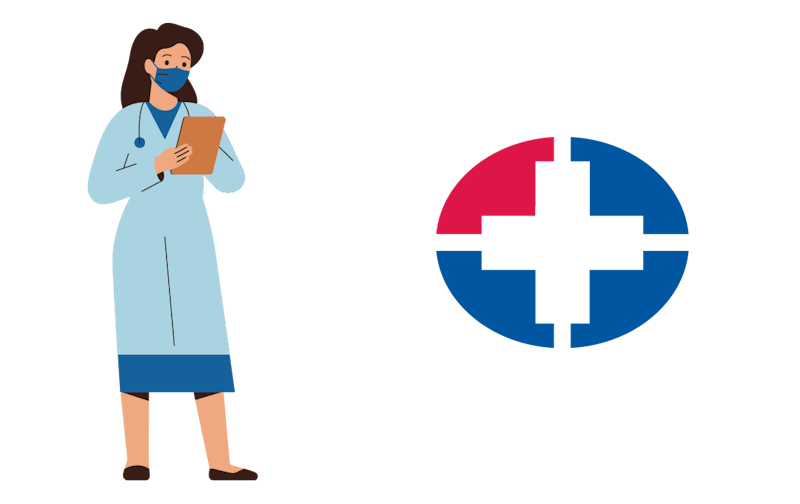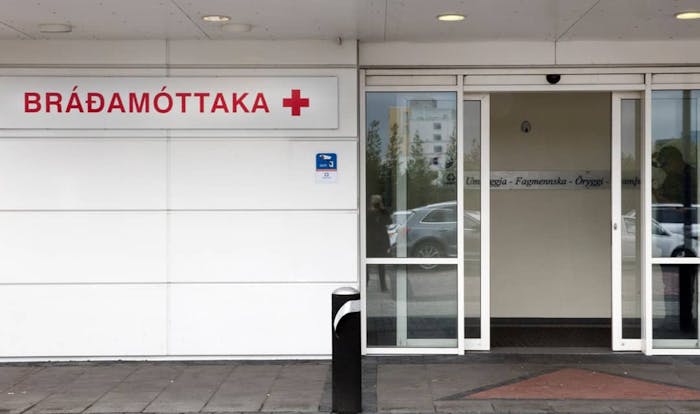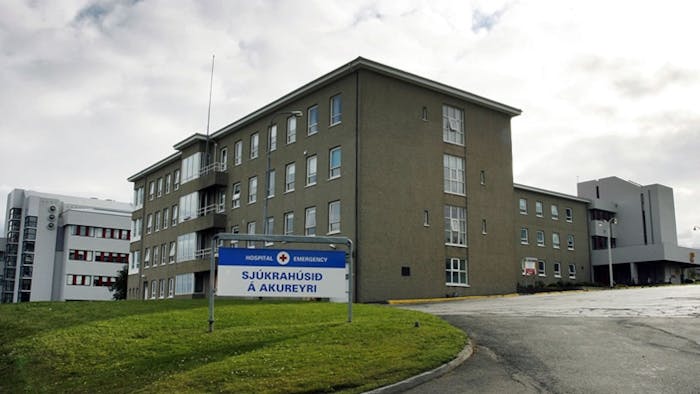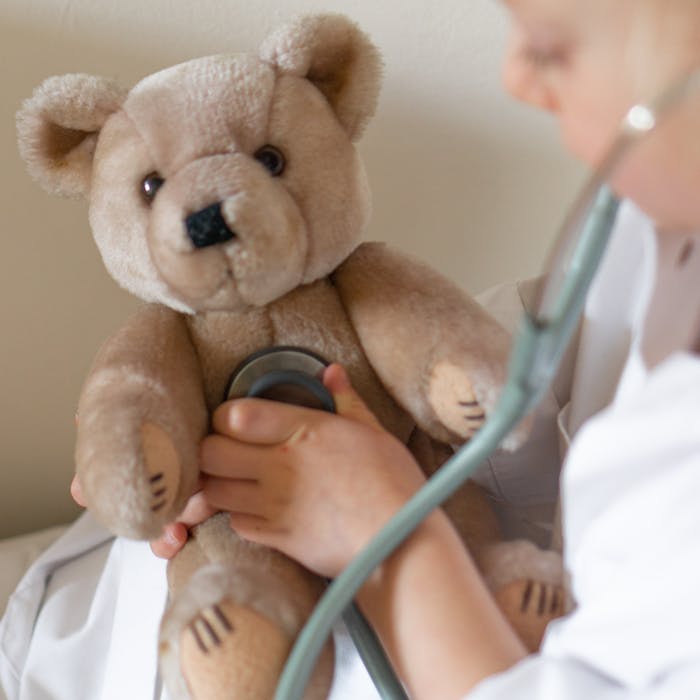What does coming to the emergency care entail?
The Emergency Care for Sexual Abuse always accepts walk-ins. It can be good to call in advance so that the staff can prepare.
You can also call 112 and ask for police to take you there. You don’t have to decide whether you want to press charges or not when you come to the emergency care. It doesn't matter if the police too you there. You are in full control of the process.
Each case is assessed to determine which services are provided. The guiding principle is that you and the emergency care staff are working together.
You can bring a friend or a loved one with you. They cannot be present during the consultation or examination.














